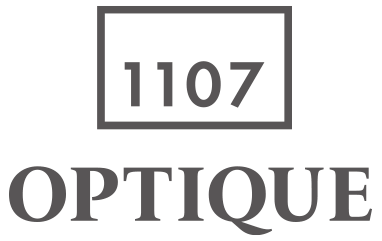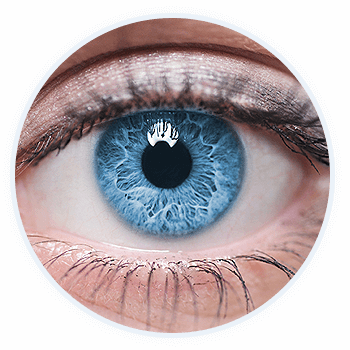4 Tips For Beating Digital Eye Strain

From phones and tablets to computers and TVs, screens are part of everyday life. But spending long hours looking at digital devices can take a toll on your eyes. Digital eye strain is a common condition that can lead to ongoing discomfort if it isn’t addressed. The good news? A few simple changes to your… Read More
Glaucoma And Your Vision: What Happens If It Goes Untreated?
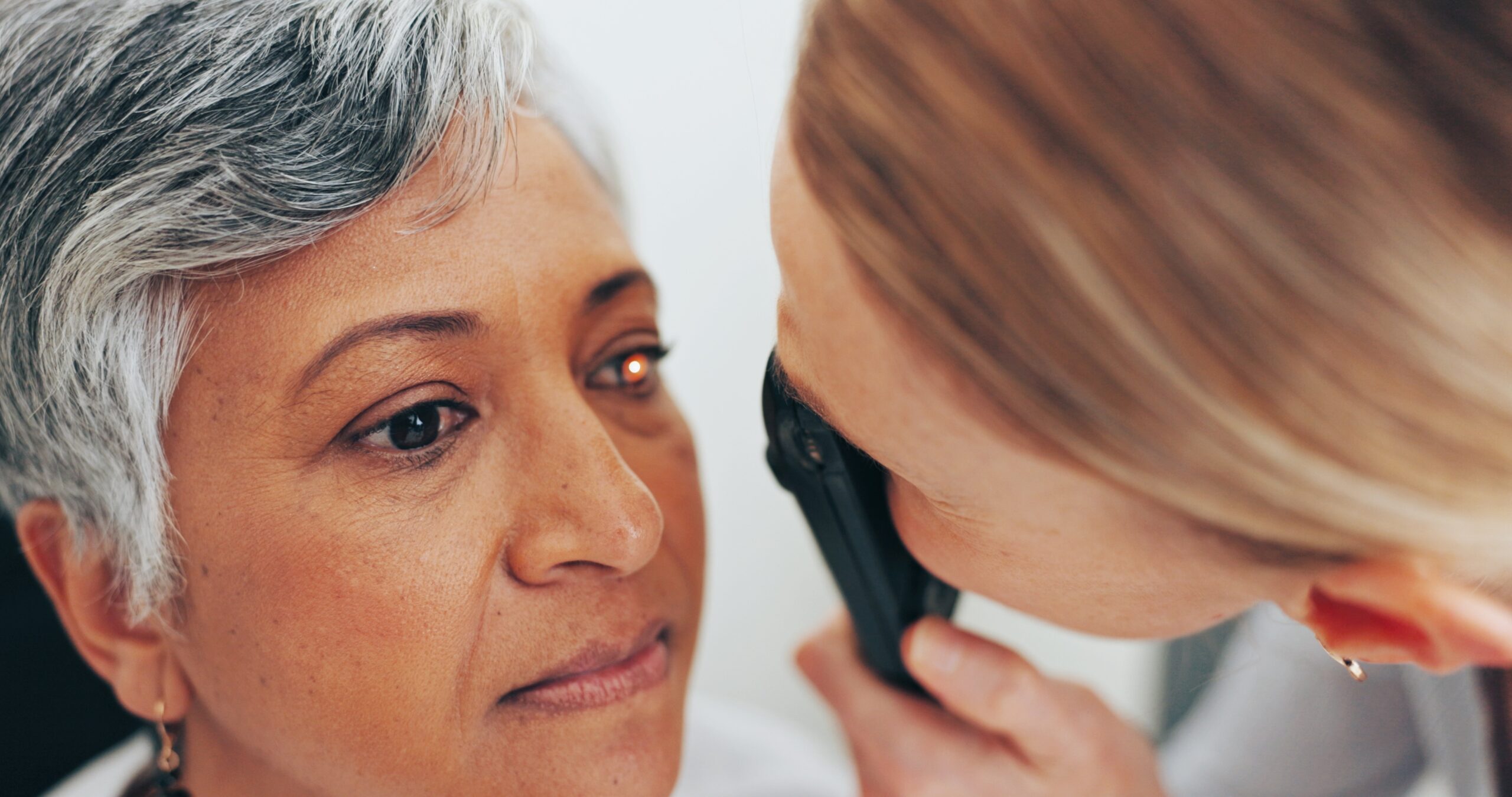
Glaucoma is often called the silent thief of sight for a reason – it usually doesn’t cause symptoms until significant, irreversible vision loss has already begun. Because most types of glaucoma develop slowly and quietly, nearly half of the people who have it don’t even know it. The best way to protect your vision? Regular… Read More
What Causes Retinal Detachment?

Retinal detachment happens when the light-sensing tissue at the back of your eye, called the retina, moves away from its usual position. The retina converts light into signals that your brain interprets as vision. For your retina to work properly, it must stay attached to the inner wall of your eye. When it detaches from… Read More
When Should You Be Concerned About Flashes and Floaters?

Have you noticed tiny specks drifting across your vision or sudden flashes of light? Most of the time, these are harmless and a normal part of aging. But in some cases, they can signal a serious eye condition that needs urgent attention. Keep reading to learn what flashes and floaters are, when to worry, and… Read More
Will I Need a Corneal Transplant If I Have Keratoconus?
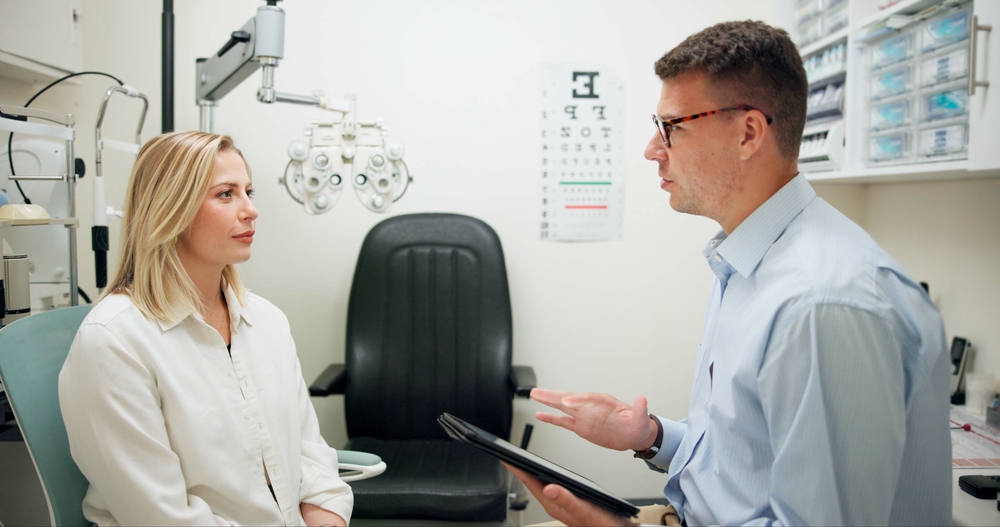
Keratoconus is an eye condition that causes the cornea, which is the clear, dome-shaped surface at the front of your eye, to gradually thin, weaken, and bulge outward into a cone-like shape. Your cornea plays a crucial role in focusing light onto the retina so you can see clearly. When it becomes cone-shaped, light can… Read More
How to Choose the Right Costume Contacts for Your Halloween Look
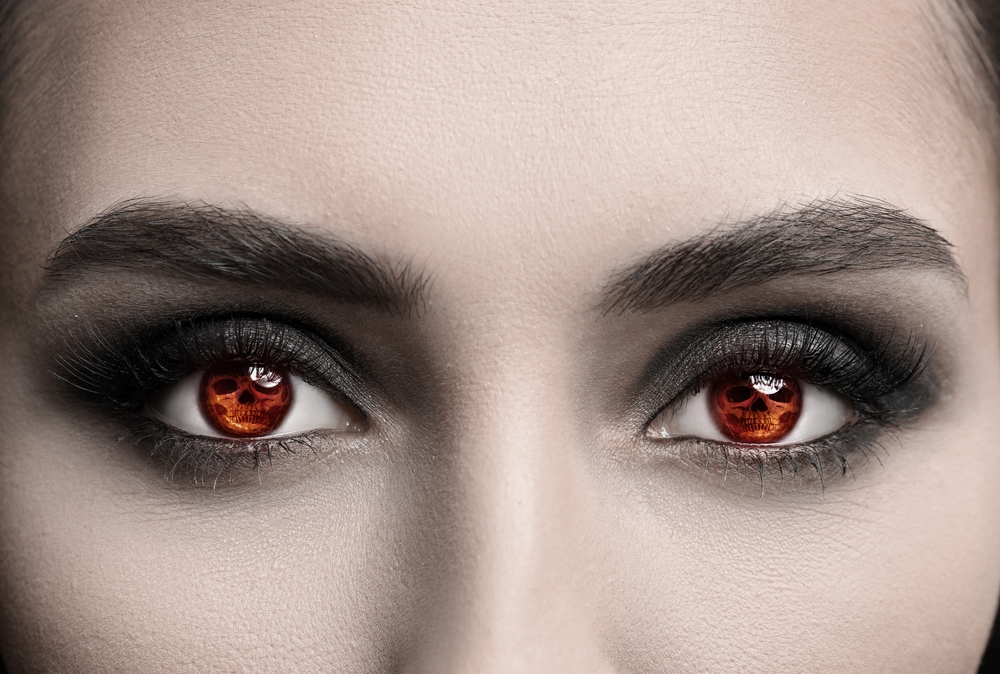
Costume contact lenses can be an exciting and fun way to take your Halloween costume to the next level. Whether you’re going for glowing vampire eyes, a zombie stare, or just a pop of color, they’re a fun way to transform your look. But before you put them in, it’s important to know how to… Read More
How Does Extended Screen Time Affect The Eyes?

Do you spend a lot of time in front of your computer, phone, or TV? While digital devices are incredibly useful – and often unavoidable – they can also take a toll on your eyes. Keep reading to learn how extended screen time may affect your vision and what you can do to protect your… Read More
5 Myths About LASIK Surgery Debunked
Millions of people can now see clearly with little to no need for visual aids, thanks to LASIK. Despite being one of the most popular and successful refractive procedures, several myths still surround LASIK – and they can make you think twice about taking the next step. Understanding the facts about LASIK can help you… Read More
6 Lifestyle Changes That Can Help Delay the Development of Cataracts

Cataracts are a common eye condition that can impair your vision and, if left untreated, may eventually lead to vision loss. While you can’t prevent cataracts entirely, making healthy lifestyle choices can help delay their development and lower your risk of getting them earlier in life. Keep reading to learn about 6 simple lifestyle changes… Read More
The Importance of Regular Eye Health Exams for Detecting Silent Eye Diseases
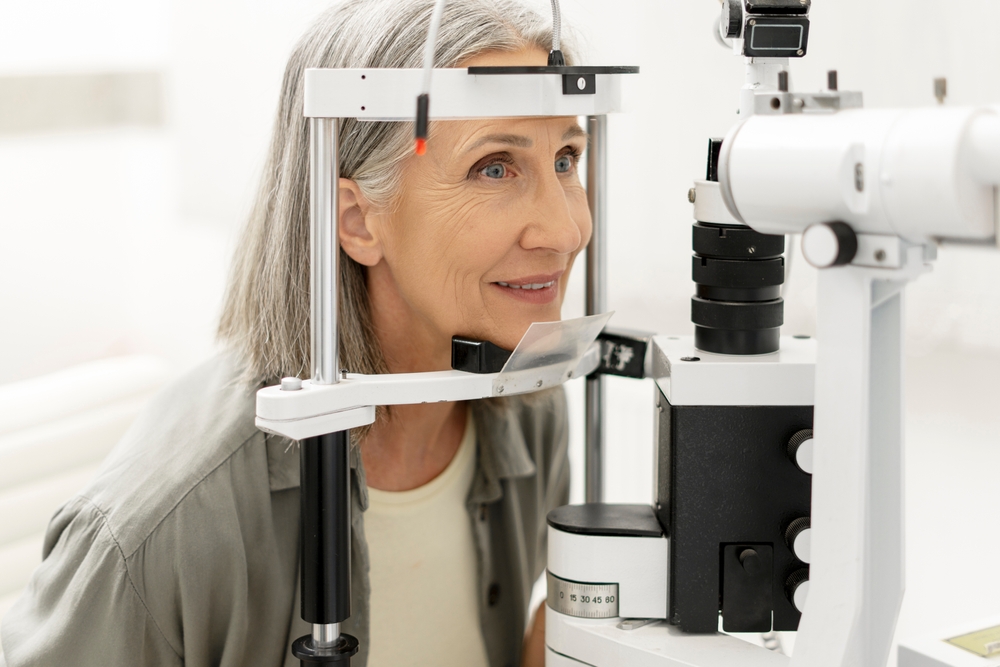
Did you know that many eye conditions begin without any noticeable symptoms? These so-called “silent” eye diseases can progress quietly, causing significant and even irreversible damage before you realize anything is wrong. Regular eye health exams are your best defense. They can catch issues early—often before symptoms arise—helping protect your vision for the long term…. Read More


